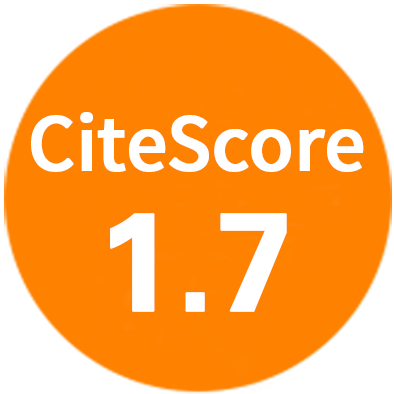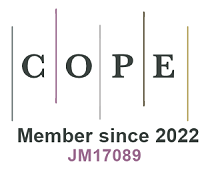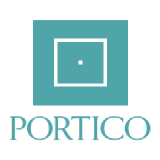Mitochondrial Dysfunction and Rare Diseases: Insights from Prof. Rodrigue Rossignol
On September 8, 2025, the Editorial Office of Rare Disease and Orphan Drugs Journal (RDODJ) had the pleasure of interviewing Prof. Rodrigue Rossignol, a leading French expert in mitochondrial biology, bioenergetics, and rare metabolic disorders, and a valued member of the RDODJ Editorial Board. In this conversation, Prof. Rossignol shared his perspectives on the role of mitochondrial dysfunction in rare diseases, the links between rare genetic syndromes and common conditions such as cancer, and the challenges of translating metabolic discoveries into therapeutic advances.
Interviewee Biography
Prof. Rodrigue Rossignol is Research Director at INSERM and co-leads the "Rare Diseases, Genetics and Metabolism" laboratory at the University of Bordeaux and CHU Pellegrin. A specialist in mitochondrial biology and cellular bioenergetics, his work has advanced understanding of how mitochondrial dysfunction and metabolic reprogramming drive diseases such as cancer and RASopathies, including Costello syndrome. He has published extensively on mitochondrial dysfunction and bioenergetic targets for therapy, and is currently developing translational approaches for rare RASopathies through the SPARK Bordeaux program. Prof. Rossignol also serves on the Editorial Board of RDODJ.
Interview questions:
1. Your recent research demonstrates that HRAS germline mutations in Costello syndrome models disrupt LKB1/AMPK signaling and mitochondrial function. How do these findings advance our understanding of rare diseases that involve neurological and developmental abnormalities? (HRAS germline mutations impair LKB1/AMPK signaling and mitochondrial homeostasis in Costello syndrome models)
2. In recent years, your work has expanded into cancer and chronic inflammatory conditions. Do you see shared metabolic or bioenergetic pathways between these disorders and rare genetic diseases, and how could such insights inform translational research?
3. From your perspective, what are the main challenges in translating discoveries in cellular metabolism into effective clinical interventions for rare diseases?
4. You have explored innovative approaches such as nanocatalysts and metabolic-targeted strategies. How might these approaches help accelerate drug development for rare diseases?
5. As a researcher engaged in both basic and clinical science, what advice would you offer RDODJ to further strengthen research quality and increase its international visibility and impact?
Editor: Monica
Language Editor: Emma Chen
Production Editor: Ting Xu
Respectfully submitted by the Editorial Office of Rare Disease and Orphan Drugs Journal







